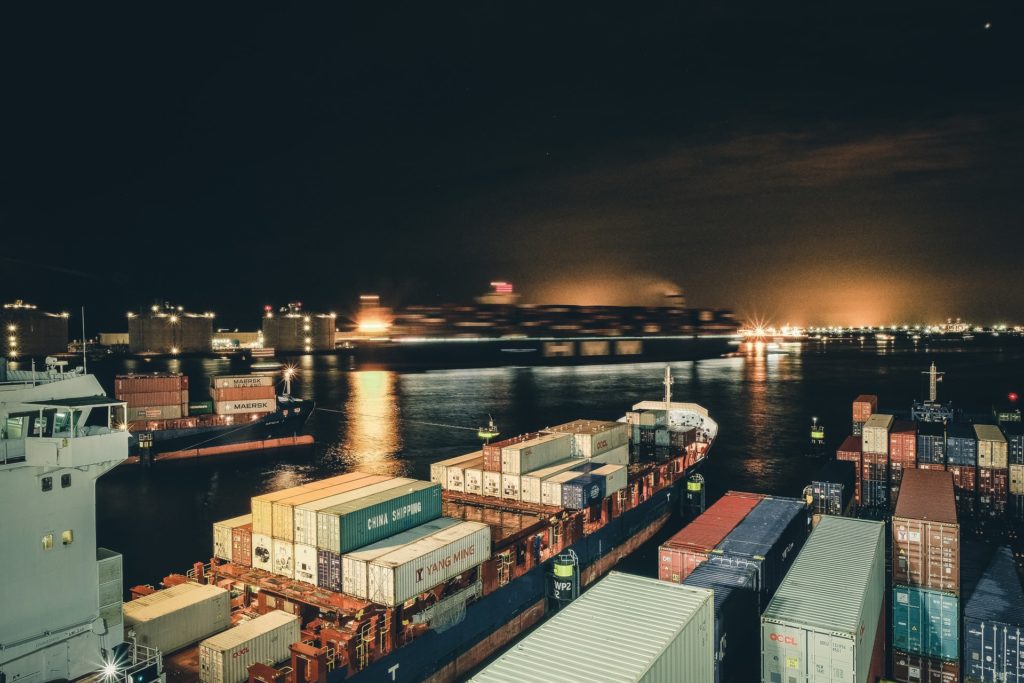Belgium and the Netherlands are at the very centre of cocaine trafficking in Europe, according to the latest report by Europol, the EU’s law enforcement agency.
The cocaine market is becoming more competitive and also more violent, says the Cocaine Insights Report - compiled in conjunction with the United Nations Office on Drugs and Crime (UNODC).
The evolution of the European drugs market has led to the fragmentation of organised criminal networks. Where one network once had to source its drugs from another, buyers can now go directly to the source and organise their own distribution.
For example, Western Balkan criminal networks have established direct contacts with producers and secured a prominent place in the wholesale supply of cocaine.
At the same time, that development has led to increased competition between networks, and consequently to more violence.
The report stresses the importance of intervention at the source as a way to tackle the problem as a way of interrupting the supply chain. Given that cocaine is made using leaves of the coca plant, which is grown in South America, Europol has little power to shut down the primary producers. However, international cooperation under the aegis of UNODC can still be effective on this front.
The next best thing to cutting off the flow in producer countries would be to stop the drugs from entering Europe, and this is where Belgium and the Netherlands are in prime position.
The ports of Antwerp and Rotterdam play crucial roles in drug smuggling. Both have enormous container traffic which is ideal for the worldwide shipping of drugs, and both have excellent road links to the continent.
If you were to sit down and plan the perfect drugs distribution network from scratch, either city would be ideal; the two together in such proximity is simply perfect.
“Cocaine trafficking is one of the key security concerns we are facing in the EU right now. Nearly 40% of the criminal groups active in Europe are involved in drugs trafficking, and the cocaine trade generates billions of euros in criminal profits,” said Julia Viedma, head of the operational and analysis centre at Europol.
“Understanding better the challenges we face will help us to counter more effectively the violent threat that cocaine trafficking networks pose to our communities.”
“The current dynamics of diversification and proliferation of cocaine supply channels, criminal actors and modalities are likely to continue, if left unchecked,” warned Chloé Carpentier, chief of the drug research section at UNODC.

